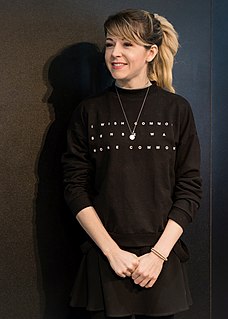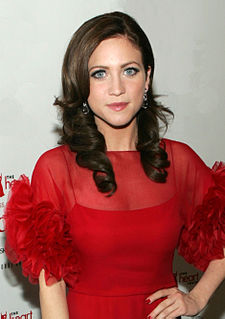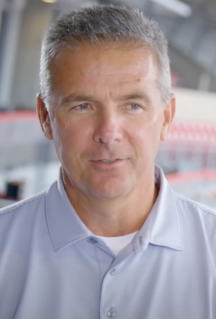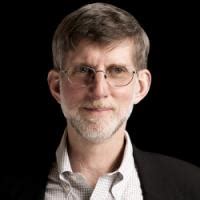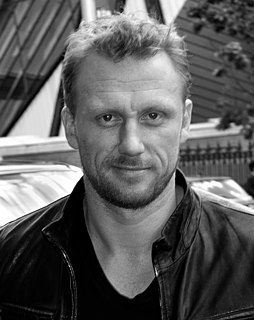A Quote by Lindsey Stirling
The truth is that several years ago, I suffered from depression. And I remember during this time, I basically fell into this hole where my life became cold, and it became gray, and I lost sight of everything that was important to me.
Related Quotes
This rose became a bandanna, which became a house, which became infused with all passion, which became a hideaway, which became yes I would like to have dinner, which became hands, which became lands, shores, beaches, natives on the stones, staring and wild beasts in the trees, chasing the hats of lost hunters, and all this deserves a tone.
As mankind grew obsessed with its hours, the sorrow of lost time became a permanent hole in the human heart. People fretted over missed chances, over inefficient days; they worried constantly about how long they would live, because counting life’s moments had led, inevitably, to counting them down. Soon, in every nation and in every language, time became the most precious commodity.
Acting became important. It became an art that belonged to the actor, not to the director or producer, or the man whose money had bought the studio. It was an art that transformed you into somebody else, that increased your life and mind. I had always loved acting and tried hard to learn it. But with Michael Chekhov, acting became more than a profession to me. It became a sort of religion.
The most important thing to remember about depression is this: you do not get the time back. It is not tacked on at the end of your life to make up for the disaster years. Whatever time is eaten by a depression is gone forever. The minutes that are ticking by as you experience the illness are minutes you will not know again.
